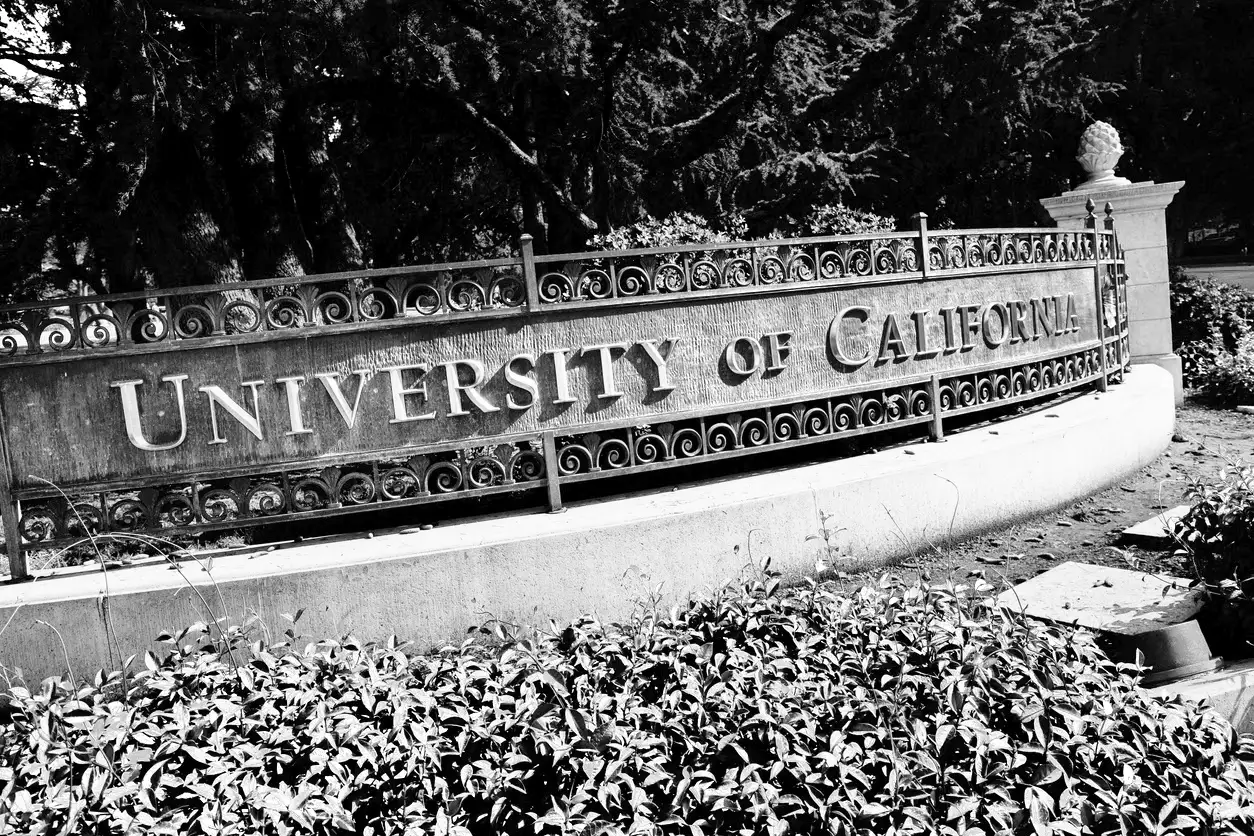Academic employees at the University of California are on strike. The strike, including 48,000 academic workers, is the largest strike in the history of higher education. Due to the size and reputation of the UC system, the impact of this strike will likely extend beyond UC campuses and set the standard for working conditions at academic institutions across the country.
The strike is made up of postdoctoral students, teaching assistants, and graduate researchers. These workers are essential to the function and success of the UC system; grad students and non-tenure track teaching instructors reportedly teach over half of all courses, while postdoc students power the research produced by the University.
The 48,000 striking employees claim that they are subject to unfair labor practices. While typically working significantly over 40 hours per week, graduate teaching assistants make around $24,000 per year, an amount that hardly constitutes a living wage given the high and rising cost of living in California. The workers are making demands for more money from their employer, whose annual budget is $44 billion, along with other job benefits such as expanded healthcare coverage.
The strike is being organized by the United Auto Workers (UAW), one of the largest and most influential unions in the US labor movement. While unions have not historically focused on organizing academic employees, the UAW has gained the membership of over 25,000 UC academic workers since 2010. The increased organization and union membership of academic workers within the UC system has powered this strike.
Beyond the UC system, the US labor movement has seen a resurgence. Likely spurred by the COVID-19 pandemic, workers have been increasingly active in labor unions, pushing to improve the conditions of their employment through collective bargaining.
The news has been filled with stories of workers across many industries organizing and voting for unions. Unions have been popping up at large American companies such as Amazon, Starbucks, Apple. The reinvigoration of unions comes after a decades-long trend of decline in union membership, which had led to a stagnation of wages, and erosion of wages when measured against inflation.
The National Labor Relations Board reported that 2,510 new union representation petitions were filed in 2022, 53% more than were filed in 2021. Public support for unionization has also been on the rise; a recent Gallup poll suggests that 68% of Americans approve of labor unions which is the highest public support unions have had in the US since 1965.
The reinvigoration of unions in the US provides a powerful backdrop for the work being done at the University of California. The UC strike is part of a national trend towards collective action to improve workplace conditions. Regardless of the outcome, the strike will likely impact the labor conditions of academic employees throughout the country by setting a new standard for the industry of higher education, which employs millions of Americans. As one of the largest employers in California, the strike too will hopefully improve the material conditions for many living and working within the state.
The trend towards unionization and the empowerment and advocacy of workers is very exciting. Avloni Law stands with the UC workers and supports all workers advocating for their rights in the workplace.
When collective action is not enough, we work to empower employees to stand up against their employers through legal action. If you feel your rights have been violated at work, please reach out.
Share



